UK-Led Particle Vibration Experiment Set To Launch To ISS
18th Nov 2022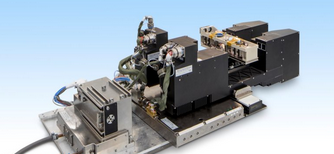
A UK-led experiment to discover ways of generating materials that may produce metal alloys and medicines will launch from the Kennedy Space Center in Florida. The experiment is aboard a SpaceX Falcon 9 rocket, which is due for lift-off to the International Space Station on Monday, 21st November. Known as the Particle Vibration experiment, the University of Strathclyde is leading the project, which has been constructed by the UK-based company QinetiQ. The UK Space Agency provided funding totaling $1.6 million for the experiment.
“This experiment paves the way for exciting scientific discoveries that could transform methods of manufacturing, demonstrating just how valuable a resource space can be for growth and industry in the UK and around the world.” – George Freeman, the UK’s Science Minister
Particle Vibration Experiment to create new materials in microgravity
The Particle Vibration experiment involves creating new materials in space. Astronauts will use the equipment to heat and shake complex fluids containing other liquid droplets or fine solid particles. This should result in new material formation.
This process would not be feasible on Earth, as gravity separates complex fluids into individual components based on their weight.
We could see improved or entirely new types of macromolecular substances, which could be used to produce medicines, as well as plastics, non-metallic conductors, and metal alloys. The vibrations may also create a fluid flow that we can use to define new methods of efficiently cooling electronics and nuclear reactors.
Dr. Marcello Lappa is leading the project at the University of Strathclyde. He explained that…
“It will lead to new advanced techniques and nanotechnologies for the production in space of advanced materials and alloys with properties that can only be obtained in space.”
Third UKSA-funded experiment to fly to the ISS
This is not the first time the UK Space Agency has funded a project incorporating the International Space Station.
The first was Molecular Muscle 2, which launched in the summer of 2021. This involved scientists from Exeter and Nottingham University sending thousands of worms to live on board the space station for a number of days so they could understand muscle decline caused during spaceflight.
MicroAge was the second project, launched in December of last year. University of Liverpool scientists sent minuscule human muscle cells into space to understand aging muscles.
The Particle Vibration experiment is the third project to involve the International Space Station, and the Head of Space Exploration at the UK Space Agency, Libby Jackson, has spoken about it:
“Particle Vibration shows how investing in space exploration, and the research in space that it enables can benefit us here on Earth.
“In-space manufacturing harnesses the benefits of the space environment to create materials that are of much higher quality than those we can create on Earth, and that can be used to improve the production of all sorts of materials crucial to our health and growth.”



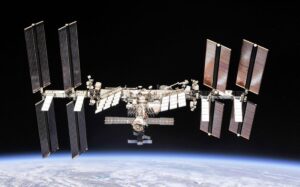
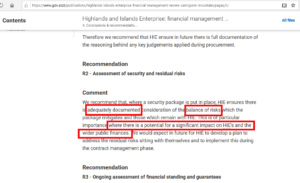
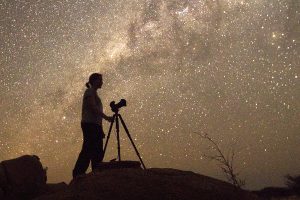
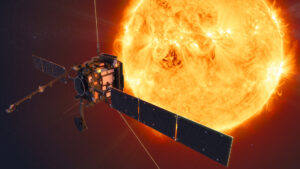
Thank you for your comment! It will be visible on the site after moderation.